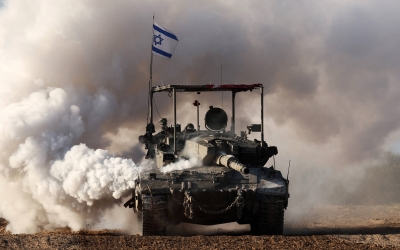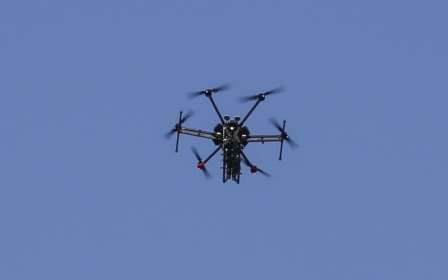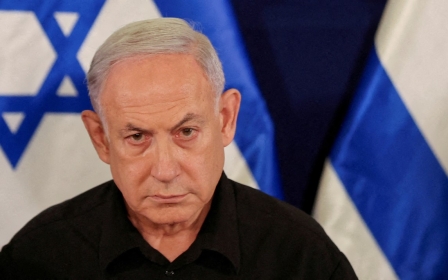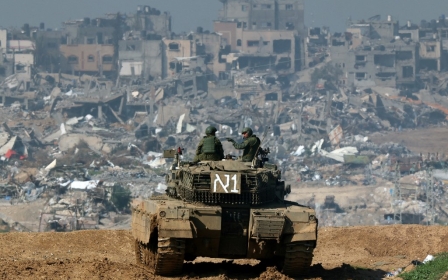War on Gaza: Israeli army mulls arming West Bank settlements with anti-tank missiles
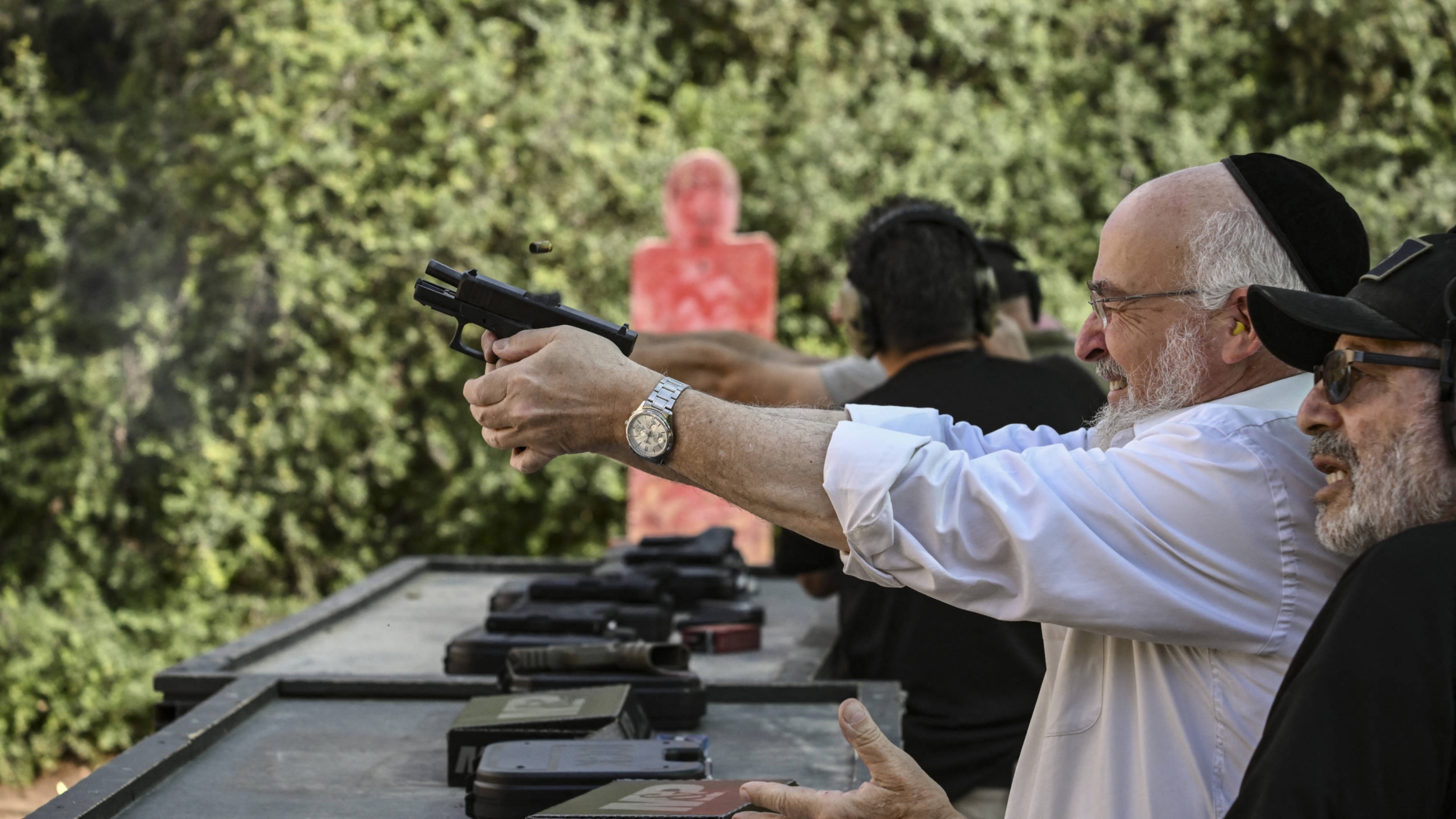
The Israeli military is considering supplying anti-tank missiles to civilian security squads in isolated settlements in the occupied West Bank and ones near Palestinian villages, Haaretz has revealed.
The move is aimed at preparing for a scenario similar to the 7 October attacks when Hamas fighters raided southern Israeli communities on cars and motorcycles.
According to the plan, the security squad commanders and the military security coordinators would be in charge of the missiles, which would be kept in a secure weapons store.
Military officials said that arming settlements with missiles would be a way of boosting their defences and allowing residents to respond swiftly in case of an attack carried out in vehicles.
The plan is awaiting approval from senior security officials.
New MEE newsletter: Jerusalem Dispatch
Sign up to get the latest insights and analysis on Israel-Palestine, alongside Turkey Unpacked and other MEE newsletters
Since the start of the war on Gaza, senior right-wing officials, military security coordinators, and settlers have been campaigning for more security measures in the West Bank.
The military has already reinforced civilian security units with a large amount of weapons and ammunition, including thousands of pistols, M-16 semi-automatic rifles, and machine guns.
Civilian security squads operate under the army’s Central Command and reinforce security forces during emergencies in settlements.
Since the surprise Hamas-led assault, the number of attacks on Palestinians by Israeli security forces and settlers in the West Bank has risen to the highest level in decades.
More than 360 Palestinians have been killed in the West Bank since 7 October, according to the Palestinian health ministry.
Israel’s ongoing bombing campaign and ground operations have killed more than 25,000 Palestinians in Gaza, most of them women and children.
Middle East Eye delivers independent and unrivalled coverage and analysis of the Middle East, North Africa and beyond. To learn more about republishing this content and the associated fees, please fill out this form. More about MEE can be found here.


